We can't find the internet
Attempting to reconnect
Something went wrong!
Hang in there while we get back on track
Our Story
When
Why
Food is our bridge, promoting connection and a deeper understanding of cultures, heritage and history.
Our local experts proudly open a door into their communities, offering access grounded in respect and genuine insight.
Through carefully crafted immersive experiences, we take travelers into the heart and soul of local culture, introducing them to the unsung heroes of the kitchen.
We feed curiosity for exploring local culinary culture and savoring the unexpected, moving beyond cliché and engaging directly with those who uphold generations of tradition.
We provide genuine “insider” access to the people and places travelers wouldn't normally reach on their own through immersive, respectful and worry-free experiences.
We promote travel that sustains traditions and empowers communities through mindful exploration and equitable economic support.
We gather exceptional people working collaboratively to create respectful experiences through outstanding storytelling.
Where
Who
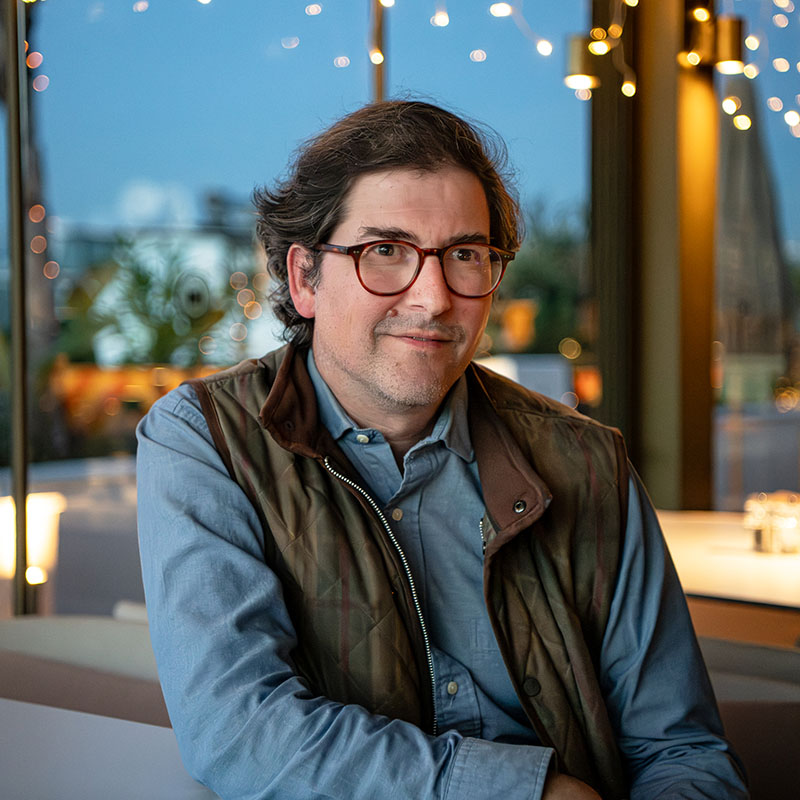
Ansel
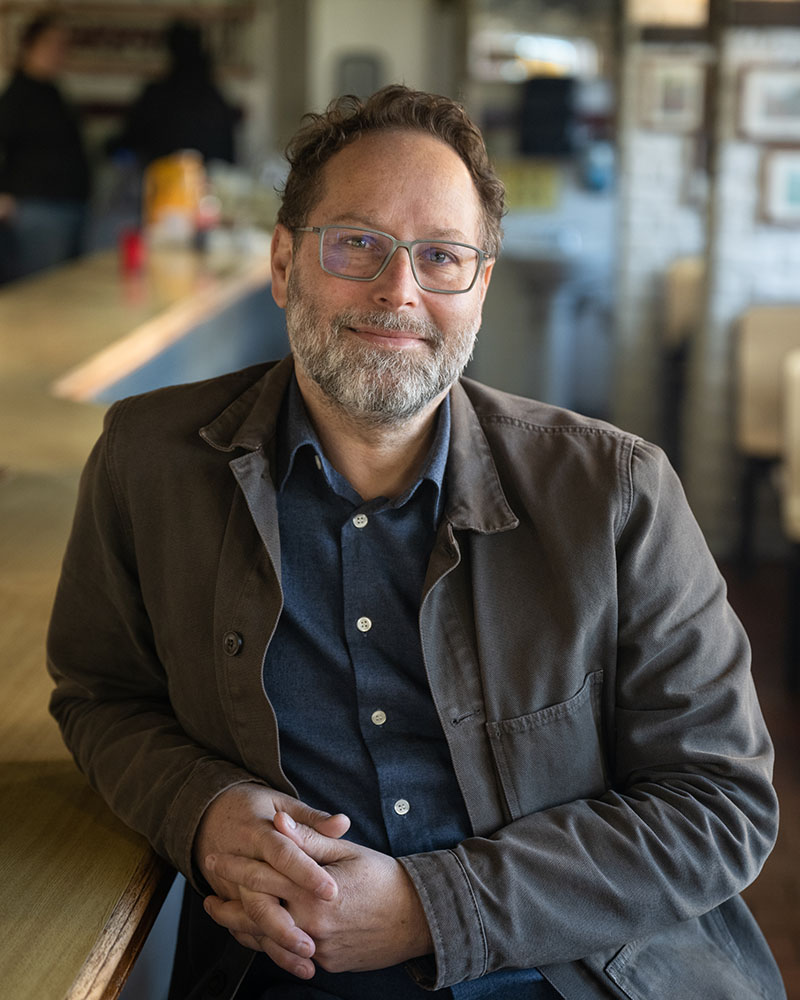
Yigal
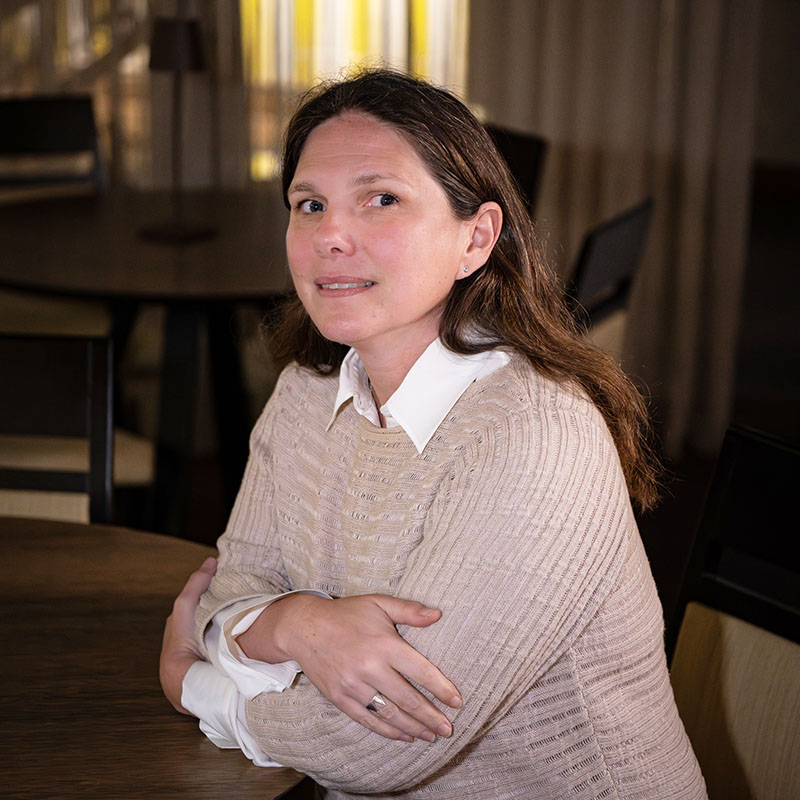
Madeleine
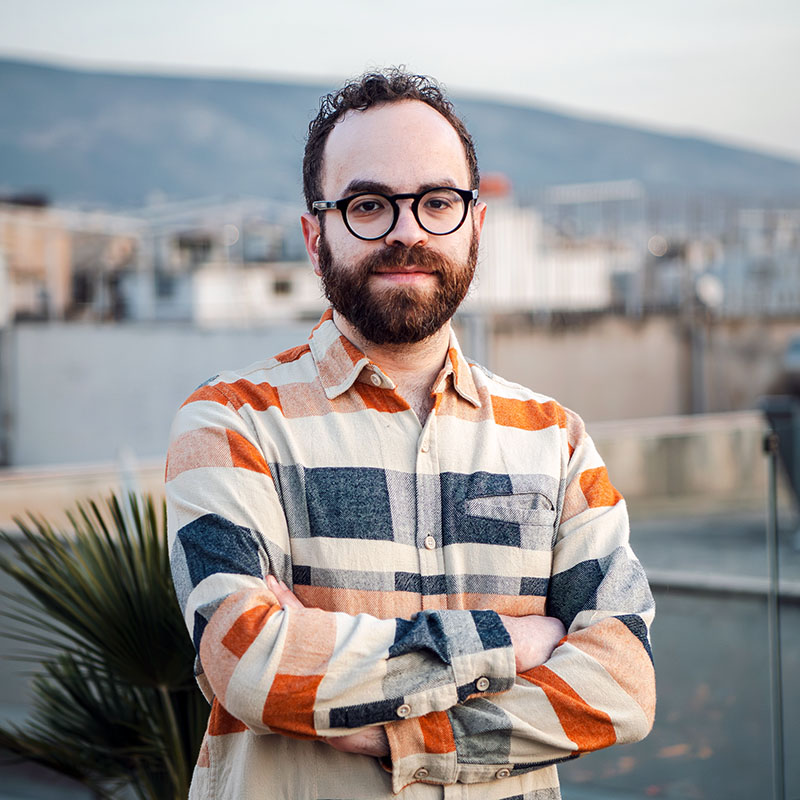
Ben
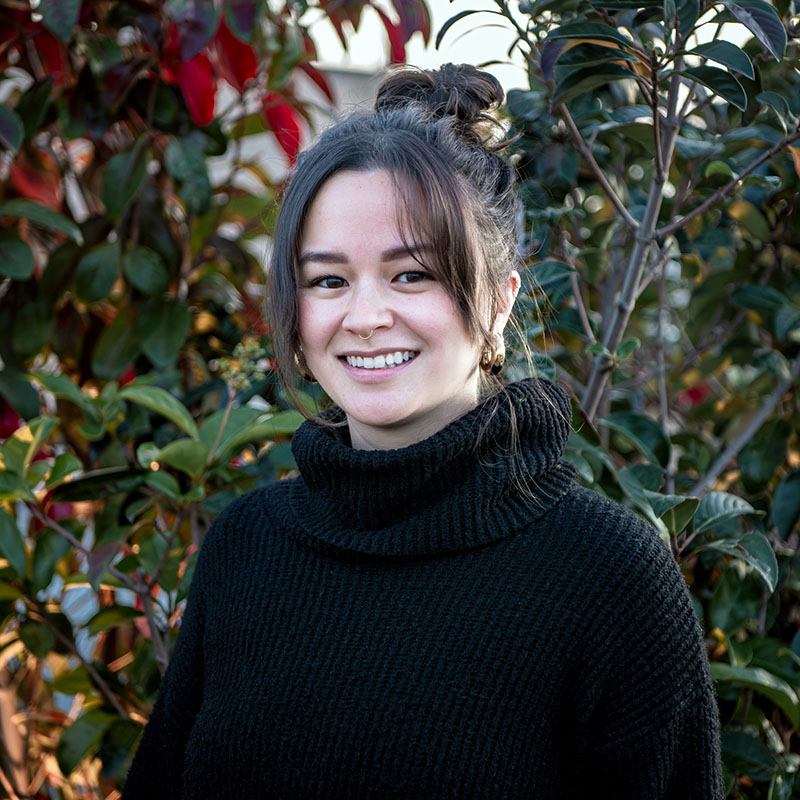
Kenzie

Katie

Brianna
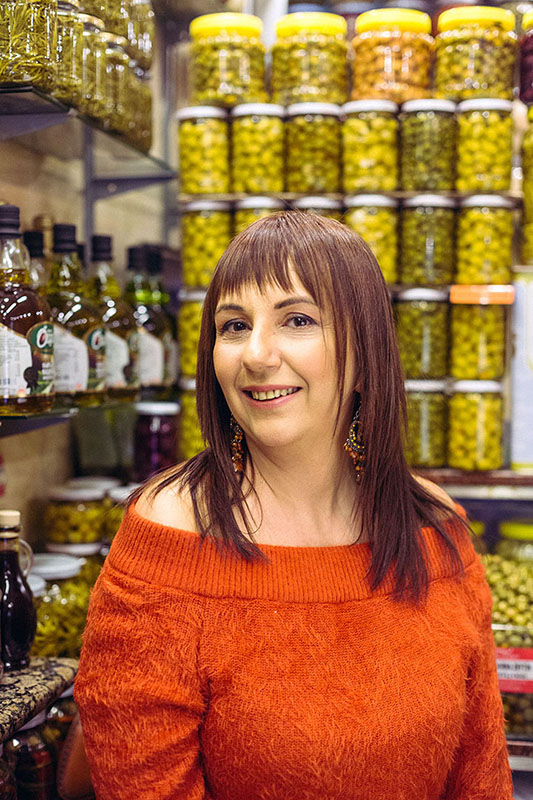
Senem

Farah

Beri
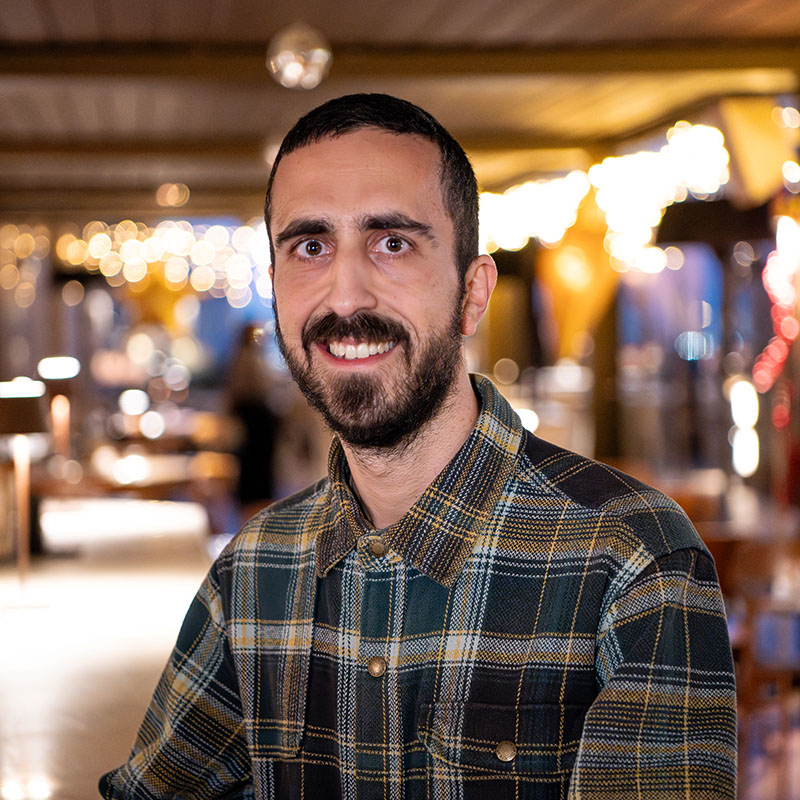
João
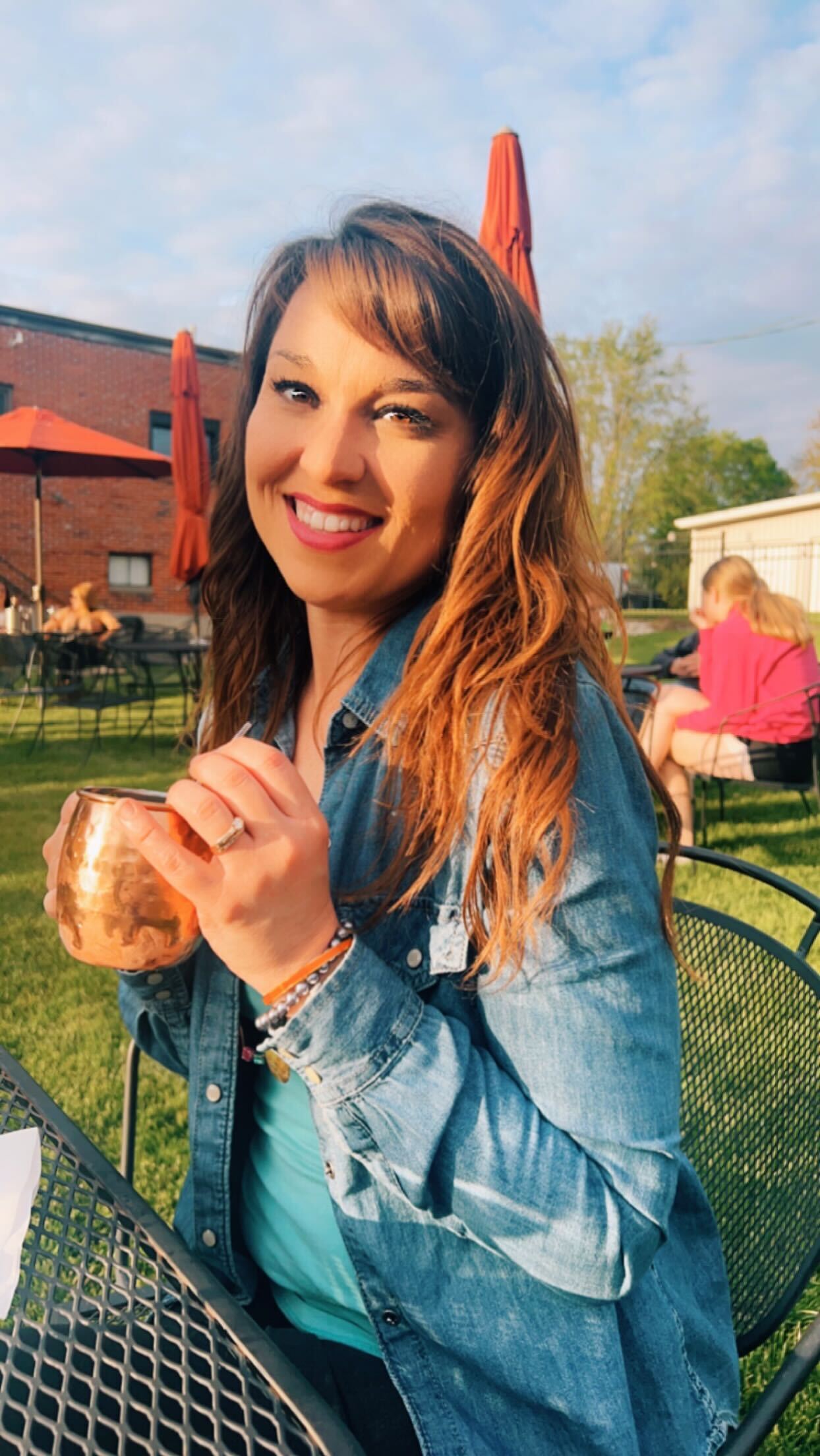
Lauren
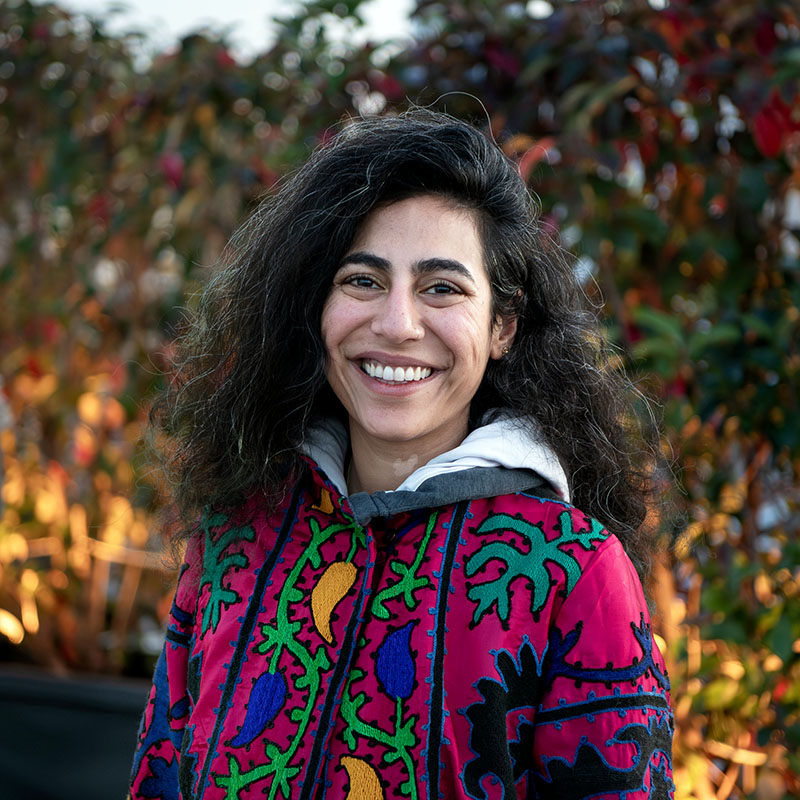
Tas

Yağmur
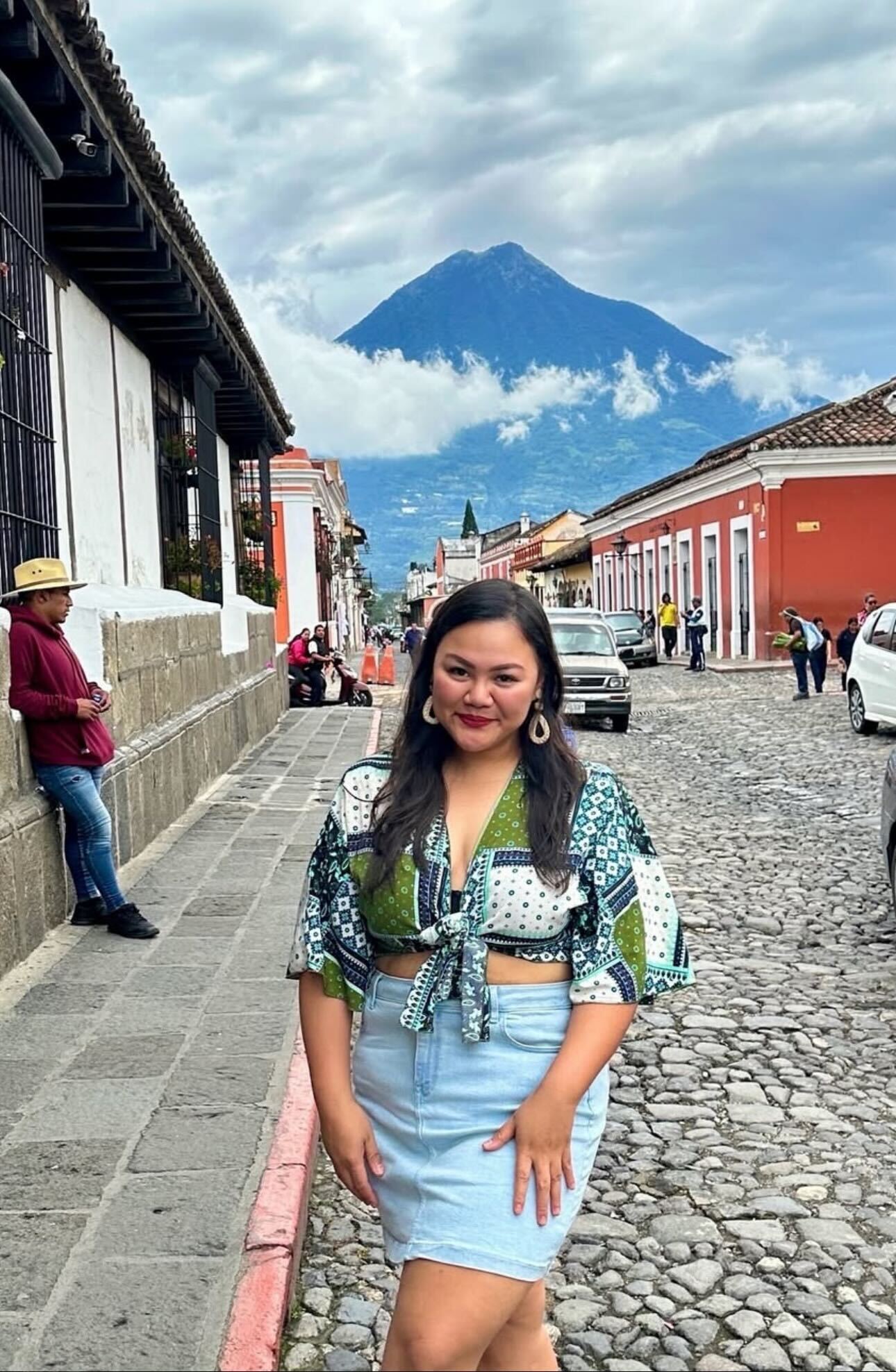
Trina
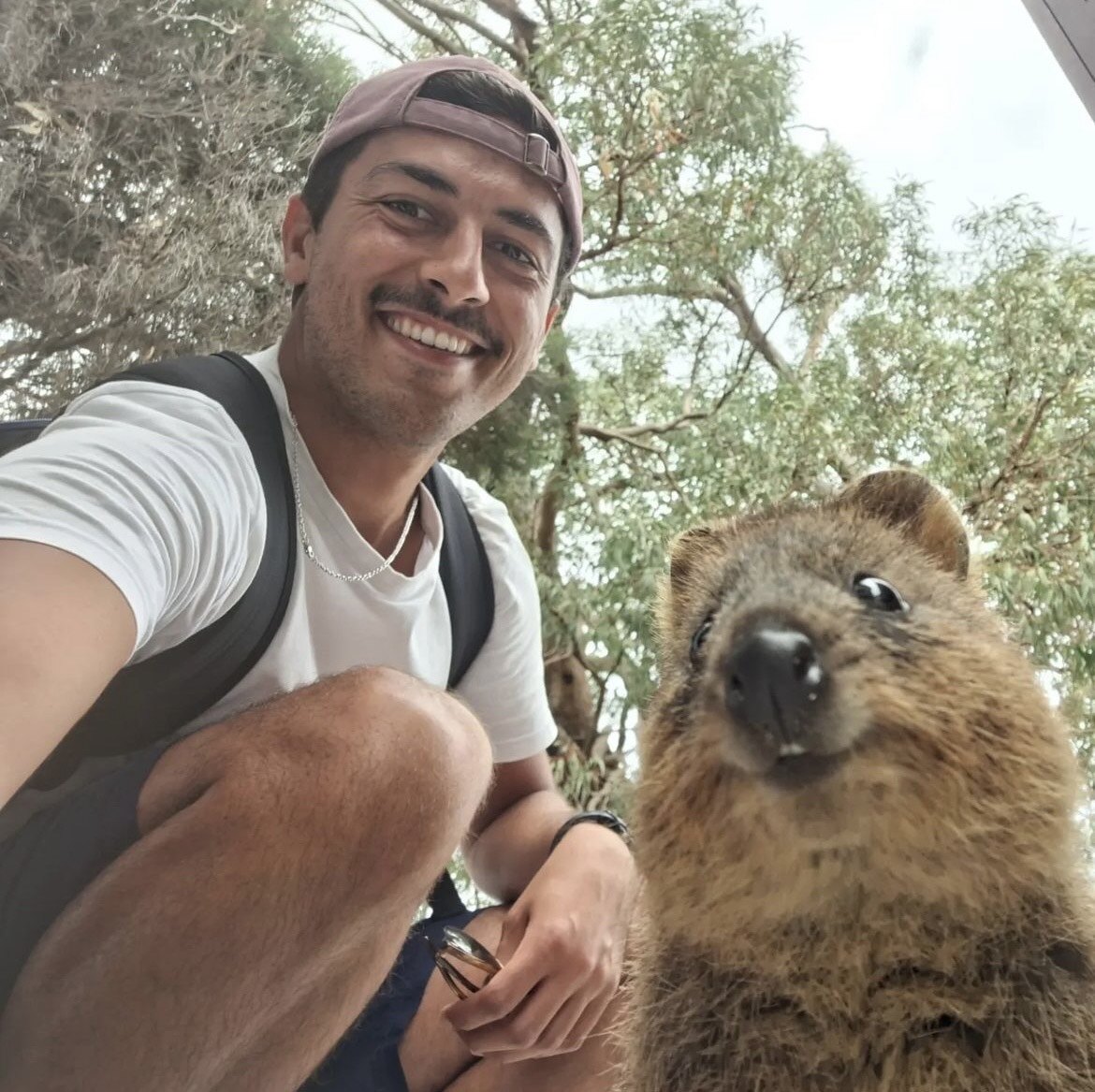
Pedro
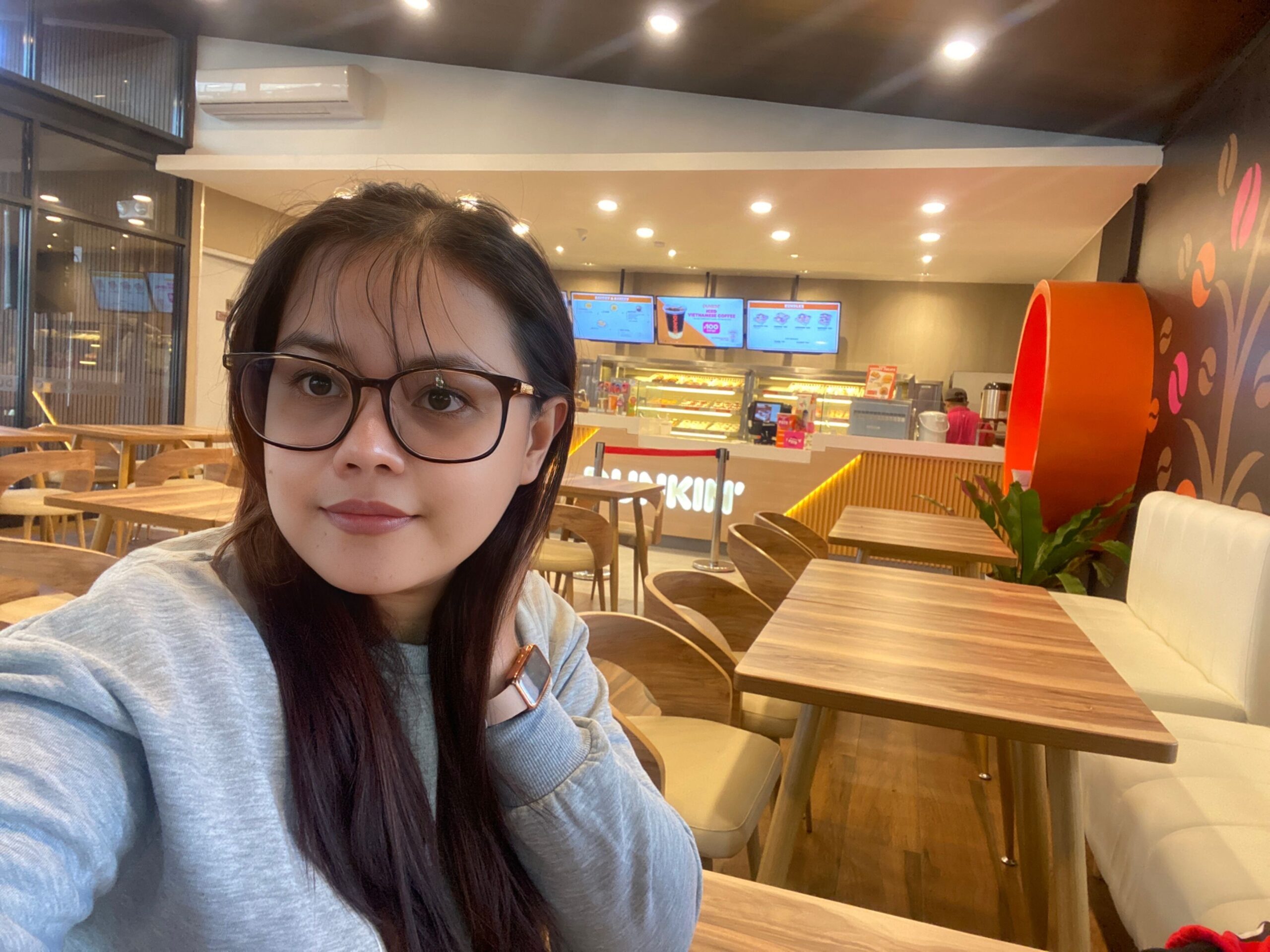
Anna
